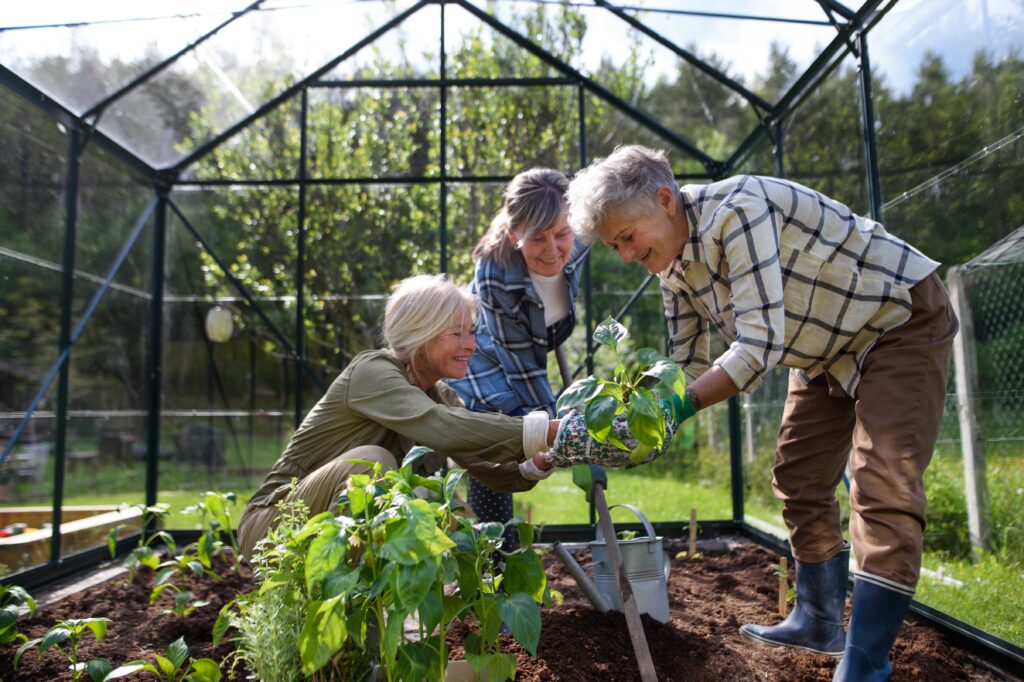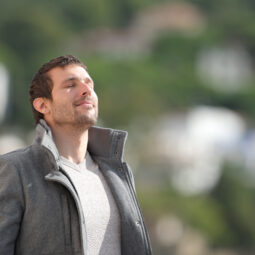By Katie Koehler Esser, LCSW, behavioral health, The Portland Clinic

If you’ve been feeling lonely, isolated or disconnected lately, you’re not the only one. At least half of the country has been feeling the same way, since before the COVID-19 pandemic even began. Last year, the epidemic of loneliness spurred U.S. Surgeon General Vivek Murthy, M.D., to issue an advisory declaring loneliness a “public health crisis” that has “profound consequences for our individual and collective health and well-being” read the advisory.
In my practice, I see these consequences every day. Loneliness can lead to depression and anxiety, withdrawal from meaningful activities and relationships, lower self-compassion, and increased negative self-talk. In addition to these mental health effects, the advisory notes, there can be serious physical consequences. For example, studies have linked loneliness and isolation with higher risks of dementia, heart disease and shortened lifespan.
Chronic loneliness and isolation are clear health concerns, and your providers at The Portland Clinic can offer support and resources that can help.
Lifting loneliness
Expressing your feelings to someone you know and trust is a good first step to increasing your sense of support and connection. Is there a friend or family member you can reach out to, even if you haven’t spoken in a while? If calling feels uncomfortable, can you send a text or email? Taking small steps to connect can make a big difference.
Forging new connections is a bigger step, and one that can be very rewarding. One way is to get involved in activities where you’ll meet people who share your interests. For example, you might:
- Sign up for a class (cooking, carpentry, art, music, fitness, Spanish)
- Attend community events (sports, performances, lectures)
- Join a group (book club, gardening group, team sport, worship community)
- Volunteer (homeless shelter, food bank, animal rescue, public library)
You can find opportunities like these through community centers and senior centers, libraries, churches, schools and online communities.
It might feel intimidating at first to put yourself out there, especially if you’re already feeling anxious or depressed, so be kind and compassionate with yourself, and start small. What small steps can you take to start opening up new possibilities?
Give your elders a lift
My work with older adults has shown me how pervasive isolation is and the toll it can take on cognitive, emotional and physical health. Consider reaching out to the older people in your life. They may yearn for connection, but worry about being a bother or a burden.
Could you help them find a group or activity that aligns with their interests? Offer to go with them? Help them with transportation? Helping someone else often has the wonderful side effect of helping you, too.
Connect with your health care team
People of all ages are more likely to have better health, to cope better with stress, and to make healthier choices when they have positive social connections. If that’s something that’s missing in your life, let your health care team know. Your primary care provider can connect you with local resources, or refer you to a behavioral health provider who can offer further support. Our behavioral health team can help you to process your feelings and explore your next steps.
Loneliness can be hard to break out of, but it might help to remember that you are not alone in your feelings. Other people around you are feeling it, too, and many of them would welcome a chance to connect. Taking small steps toward connection, even if it’s difficult at first, can help you lift yourself — and maybe someone else, too — out of loneliness and into a richer life.
Katie Koehler Esser, LCSW, sees patients at The Portland Clinic South office.


